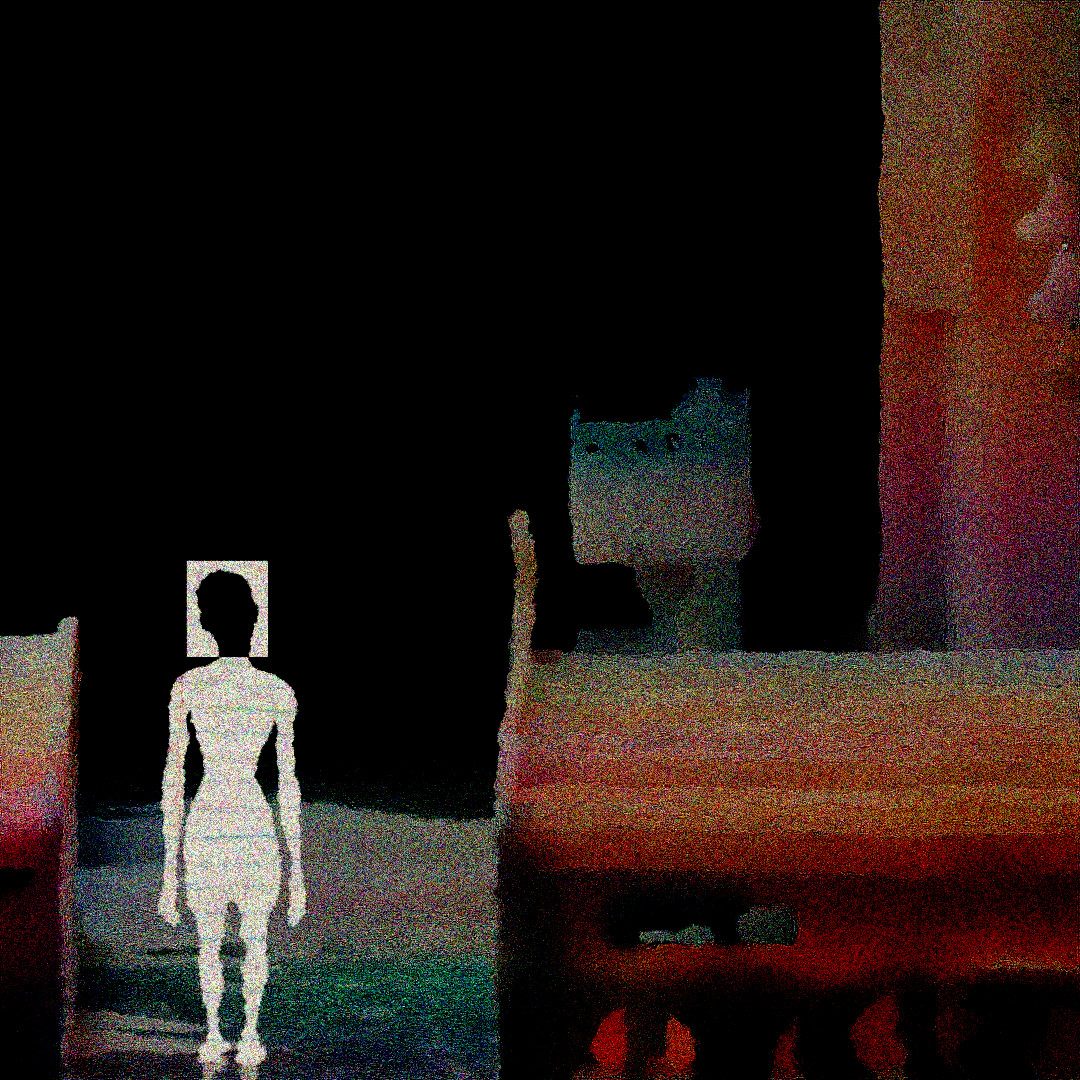yapping
ramblings
⋆ We're bed rotting while the wealthy cosplay as us

When I saw the photos from Charli XCX’s birthday party, I was taken aback by how familiar they looked. Eerily similar to teenage nights where people dance with their friends.
They were Lorde and Billie Eilish and Tove Lo and Nelly Furtado and Anya Taylor-Joy. They were not some working or middle class immigrant kids.
The party was an aesthetic choice. We’re in the upside down reality where the rich are partying as if they’re poor, and the rest of us are debating whether or not bed rotting is self care.
These people are not normal. They are not us. They have unfathomable amounts of wealth. But it’s no longer cool to be visibly wealthy (remember rich kids of instagram? that account has been inactive for almost three years), so they’ve come up with a solution. Adopt a working class aesthetic, drink cheap beer, buy used clothes, and snap photos of it all on a disposable camera.
The venue for the birthday party was called Tenants of the Trees, and I assure you none of these people are tenants.
Meanwhile, the rest of us work mediocre jobs for mediocre pay; we can’t afford to have children; we are told to sacrifice our health for the surveillance state, and we are criminalized for protesting any of it.
Of course bed rotting is trending. We’re tired, and we’re broke.
Now, there are very legitimate reasons to stay in bed all day. When you’re sick. When you are going through a break up. When you’re grieving a loss. When you’re disabled and low on spoons. When you had a rough week without much sleep and need to give your body a break.
In these examples, bed rotting is simply a form of radical rest, a way to give yourself permission to do nothing guilt-free. It’s like those days when it starts pouring rain and it feels like the universe is giving you permission to be cozy indoors.
Resting is important, and we all require different amounts. I spend a lot of time in bed and on my couch, particularly during endometriosis flare-ups.
But there’s something more sinister afoot here. More and more young people are taking to the internet to say, proudly proclaim even, that they have no hobbies, no friends, no places to go, and no interest in going even if they did.
As far as I can tell, this trend got its start several years ago with two related, but not as extreme, sentiments: an influx of 1) memes about the feeling of relief you get when a friend cancels on you and 2) memes about the “i can’t, i have plans” excuse, where your plans are actually just staying home with your cat.
On the surface, these are just a harmless way of celebrating introversion and destigmatizing spending a night in rather than the pressure to always have plans.
But bed rotting has now turned into a full fledge celebration of depression, dissociation, and doom scrolling. And of course, there is a reason for a very small group of people to celebrate, but it’s not those doing the rotting.
Being in bed leads to scrolling. Scrolling leads to eyeballs. Eyeballs are profitable. You know how this cycle goes; it leads us down the path to feeling ever lonelier, it leads us to being surrounded by stuff instead of people, it leads us to despair and inaction.
This is by design. And the experience is not universal.
Research shows that lower-income teens spend about two hours more per day looking at screens than higher-income teens. This is despite the wealthier teens having access to more screens.
It’s time to shift how we talk about the “digital divide.” The digital divide is no longer about whether or not you have access to technology, but whether or not you have the ability to step away from it to do something else.
Screens are an affordable child care option for many parents. Social media is a much cheaper form of entertainment than going to the movies, getting a drink with a buddy, or even taking public transit to the library ($5.80 round trip or $100 fine for fare evasion).
The pandemic has been, and continues to be, a mass disabling event leaving many of us fatigued beyond recognition, and it has robbed young people of important years of social skills development.
This is not one of those “kids these days” phenomena. (It rarely is).
Bed rotting is just another example of how our lives are dictated by big tech, how we’re coerced to spend more and more time generating more and more profit for a handful of billionaires.
And unfortunately the solution isn’t as easy as “go outside, touch grass” because it’s a structural problem just as much as an individual one. We are deep in a loneliness epidemic manufactured by corporations over many decades, and we need to be fighting it rather than celebrating it.